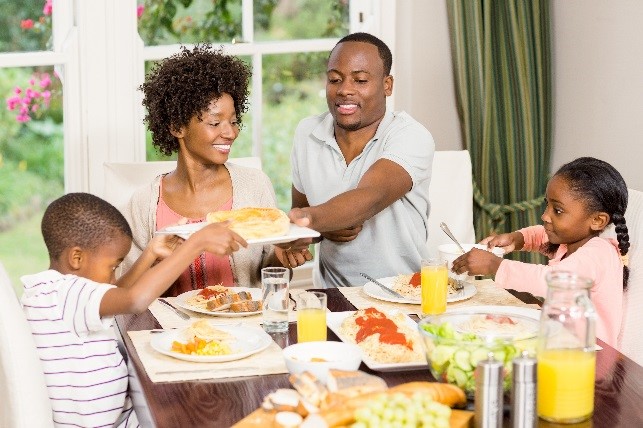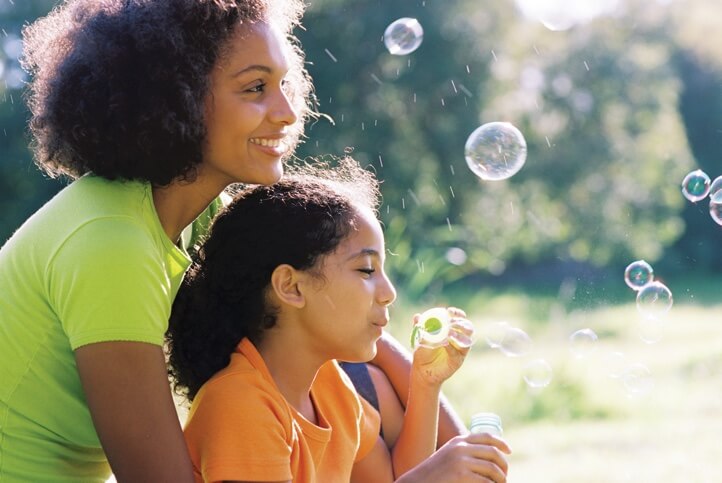Life is tough but so are you
As we enter the month of June, many parents and caregivers will find themselves in difficult situations navigating new changes and norms with their children. Government restrictions on social distancing, isolation, and mandated stay-at-home orders are being lifted or relaxed. This could be distressing for some children as they were just getting used to their “new normal,” and now, life is changing again.
In the midst of this change process, it is not uncommon for children to experience difficulty processing and expressing emotions which can potentially lead to conflict. In this month’s newsletter, read on for activities and tips to help facilitate healthy emotional processing and expression as well as conflict resolution resources.
Teach Kids Conflict Resolution Skills
- Understanding feelings: To help children understand their feelings, start with understanding facial expressions. Have kids draw how they feel when they are happy, mad, or sad.
- Use an immediate calming strategy: Help children calm down when their emotions are heightened. Talk to children about trying to control their breathing. Discuss how physical activity can help them. Sometimes, taking a time out and cooling down is helpful for an emotional reset.
- Scale the event: Useful for every member of the family, when conflict occurs, ask if the incident is a big deal. Contemplate if the event is going to affect the rest of the day. Will you be okay if you just let it go? Does the issue need to be directly addressed?
- Active listening and reflection: To resolve conflict, both parties need to be heard. It is important to tell children that just like their feelings are heard, we need to listen to the feelings and needs of others.
- Compromise: Whenever possible, find a solution that works with both individuals. Talk with your kids about how sometimes we do not get everything that we want when we compromise.
- Move on: Talk with your kids about the importance of not dwelling on conflict. The act of moving on could be signaled with a wave, a thumbs-up or a smile. (No more handshakes for a while)
StressHappens.org Focus Areas for June
J – Journal – write out your feelings, thoughts, fears, goals and dreams to help you process them. Journaling encourages mindfulness.
U – Unique – You are the best at being you. Try not to compare yourself with others.
N – Name your emotions – Acknowledge how you feel without judgment.
E – Eat a balanced diet, rich with antioxidants and exercise often.





